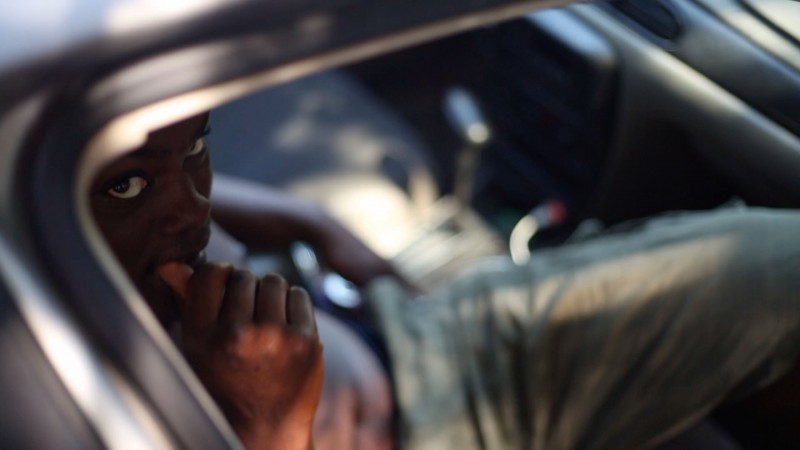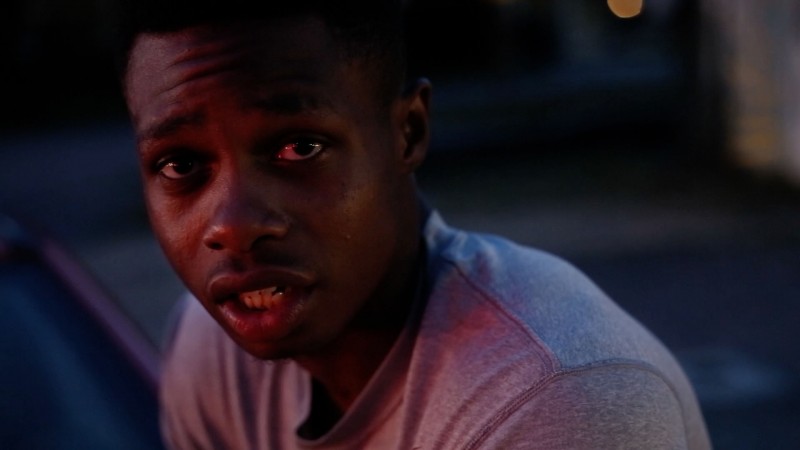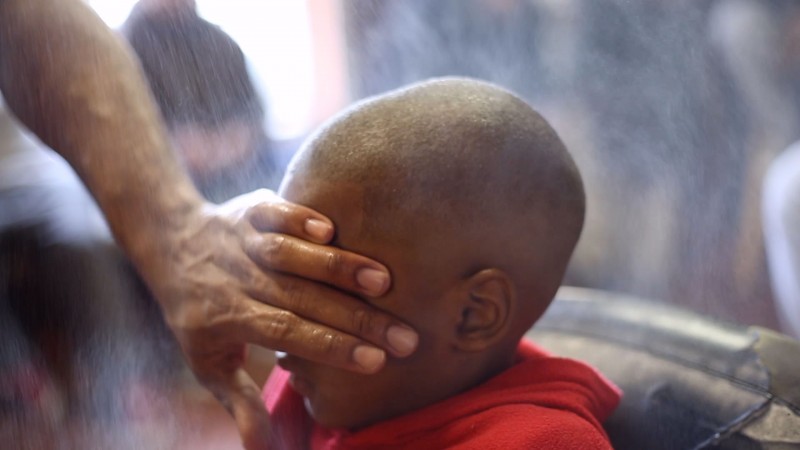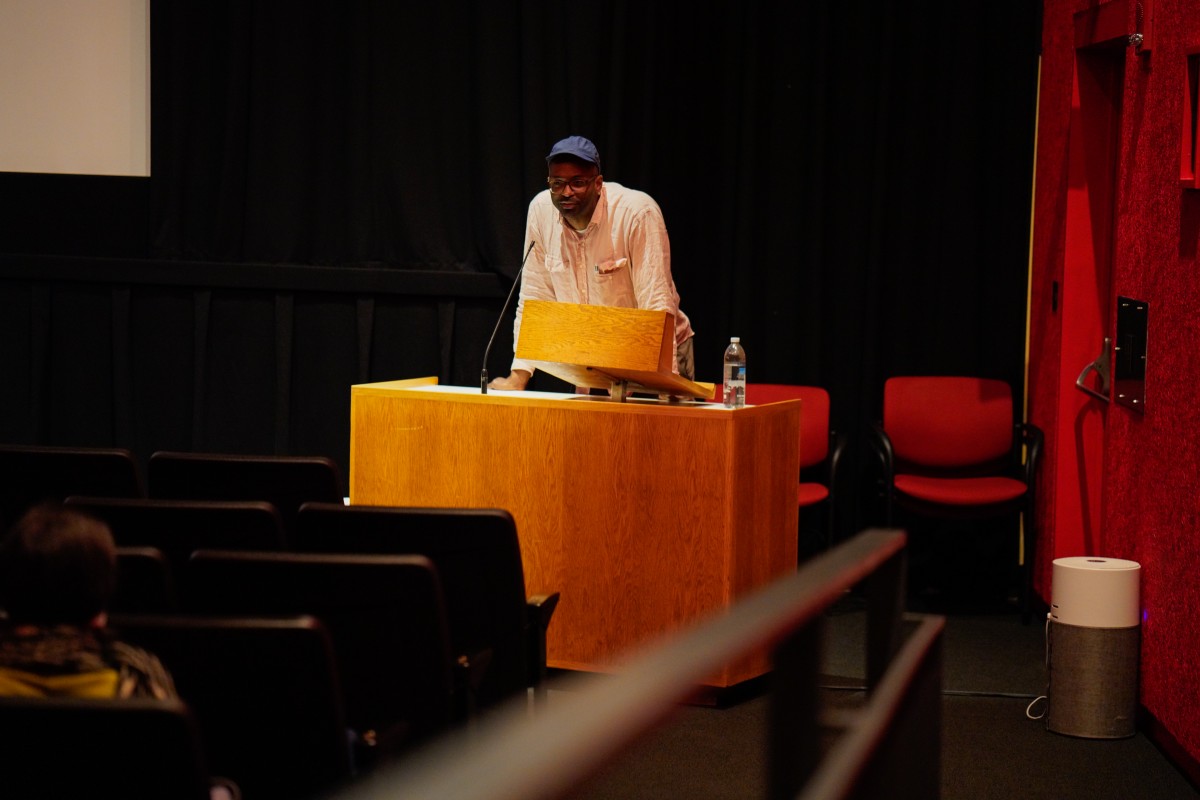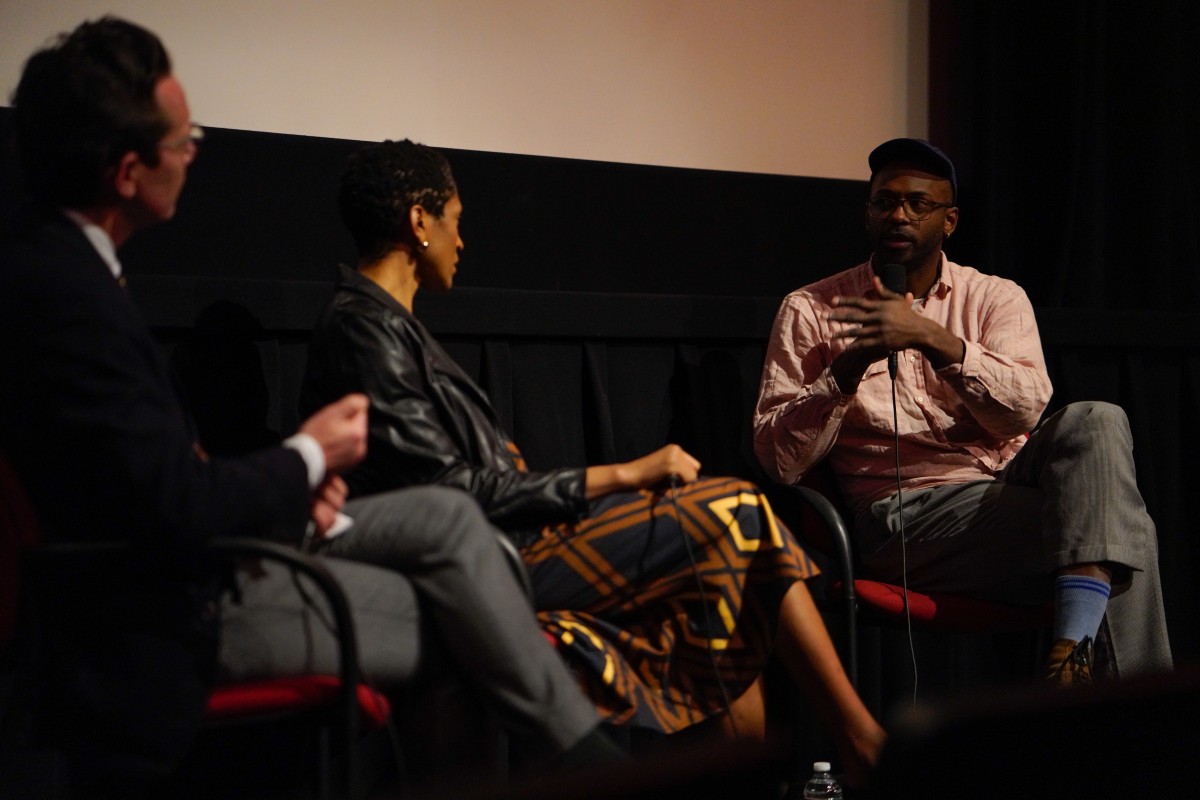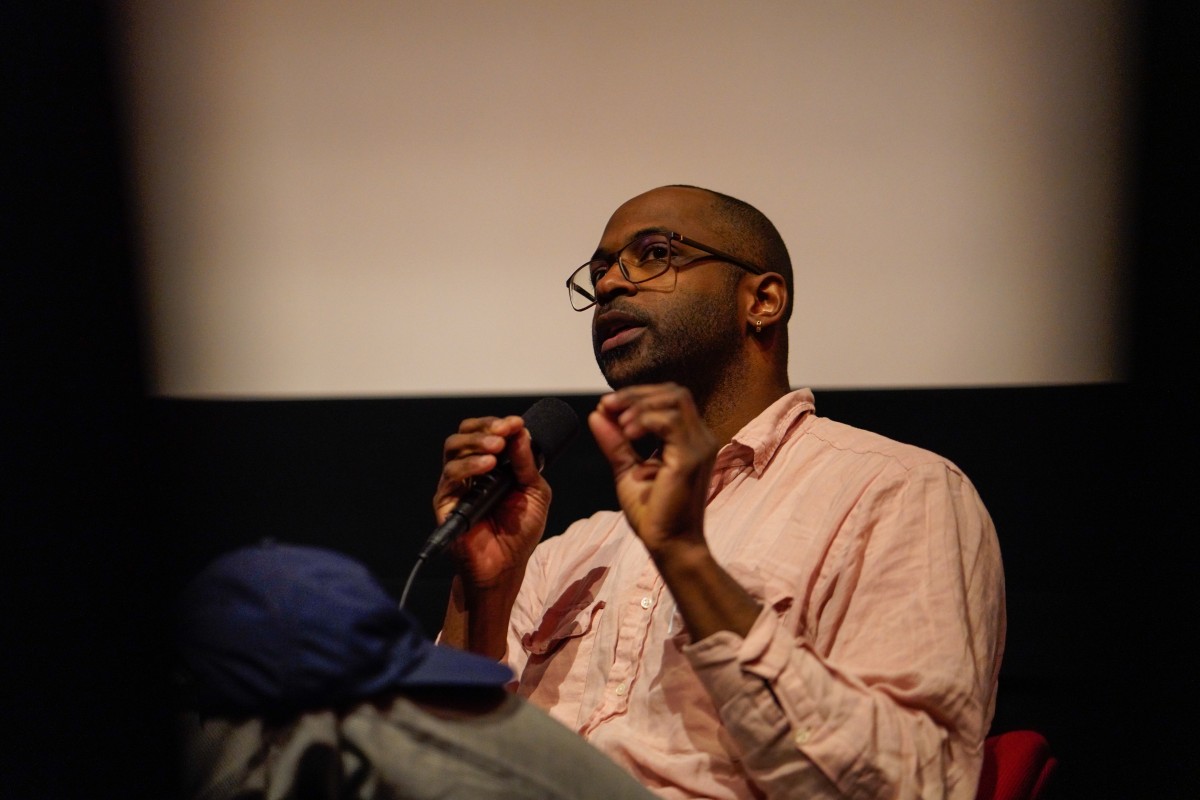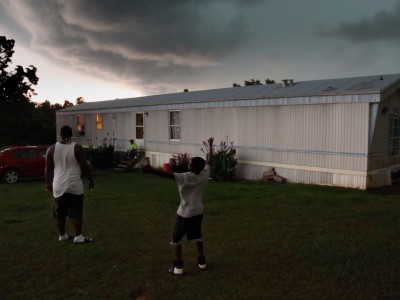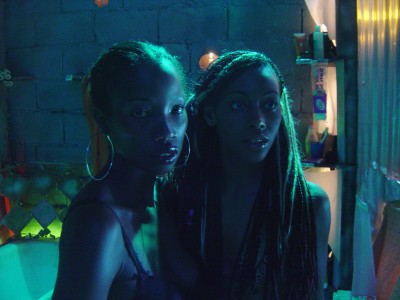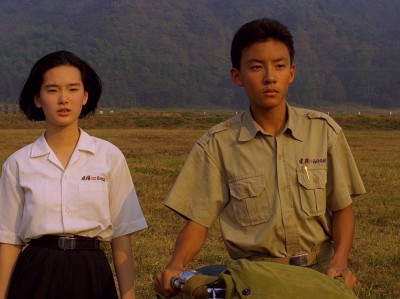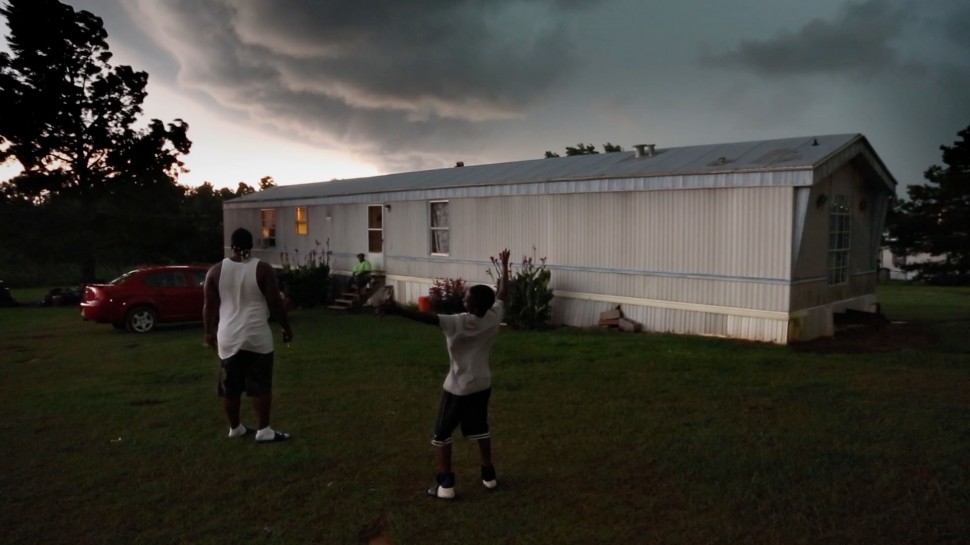
Hale County This Morning, This Evening
US, 2018, DCP, color and b&w, 76 min.
The Solomon Fellowship at the Department of Art, Film, and Visual Studies “invites artists, filmmakers and critics with strong visions and voices” to engage deeply with students through class visits, screenings and workshops. This year’s Fellow is artist and writer RaMell Ross (b. 1982), whose work has appeared in venues such as the Museum of Modern Art, Ogden Museum of Southern Art, Hammer Museum, Aperture Gallery, National Gallery of Art, Walker Art Center and the Institute of Contemporary Arts, London. Ross’ extraordinary photographic work expanded into filmmaking with the widely acclaimed documentary Hale County This Evening, This Morning. Nominated for both an Oscar and an Emmy, Hale County won a Special Jury Award for Creative Vision at the 2018 Sundance Film Festival and a 2020 Peabody Award, among many other commendations.
Growing up in Virginia, Ross earned degrees in Sociology and English from Georgetown University and an MFA from Rhode Island School of Design. He returned to the South to teach a youth photography class in Alabama and ended up staying for five years. “Photographing in my day-to-day I began filming, using time to figure out how we’ve come to be seen,” a title at the beginning of Hale County explains. “The south is the [center] of the black experience,” notes Ross. “It’s where we were put, it’s the origin of the image, from minstrel shows to flyers of a lynching, that represent what it means to be a black person. That was a great belief system to start investigating the relationship between what being black is and the reproduction of that blackness via film and photography.” He describes a “plurality of looking” not unlike Du Bois’ notion of a “double consciousness,” yet in Ross’ work, this frees his vision. “In one of his books, Darby English said that in order for black work to escape the label of blackness, it needs strategic formalism,” Ross explained to Film Comment. “It needs something that’s beautiful enough for it not to be reduced. So I’d very much felt that, okay, this [film] has all of the beauty in the world, and all the meaning in the world. There’s no way that this is a black film—this is a film. This is it. This is an experience. And it’s made by this person.”
He currently teaches within the Department of Visual Arts at Brown University, and both the Harvard Film Archive and the Arts, Film, and Visual Studies Department welcome him to the theater for a dynamic screening and conversation.
Evolving from his large-format photographs—the same medium of Walker Evans and William Christenberry who also famously focused their lenses on rural Hale County, Alabama—Ross walks a multi-dimensional path both alongside and away from these artistic predecessors. In Hale County, his camera meanders meaningfully through the lives of aspiring college basketball player Daniel and new father Quincy, young men who could each carry his own individual biographical/social documentary, yet Ross’ document is all the richer for relaxing those narrative boundaries. As suns set and moons rise and eclipse, Ross’ camera moves fluidly in and out of invisibility and interaction, capturing moments miniscule and monumental, quotidian and otherworldly, with the same curious, clear eye. A bee circles in the back of a pick-up truck, boys alternate between aggressive and playful fighting in the locker room, a girl braids the ends of her hair during a church sermon, twins are born, Daniel’s mother describes the strain of factory work, an out-of-focus television shapeshifts, parents mourn the death of a child, the smoke from a burning tire creates hallucinatory patterns as it drifts past the sun and through the trees. “I’d film and I’d see the moment that I think would be used to represent a person and then I continue filming, then this magical moment would happen,” Ross explains. These potent instants also point to the inevitable hours unseen, that Ross has spent over the course of five years deeply enmeshed in the cycles, rhythms and lives of Hale County, allowing his visual poetry to appear effortless. Brief interruptions of intertitles and for a moment, archival footage, are reminders that there is indeed a maker behind this—at times hypnotic—unfolding and that there is another world informed by and informing this one. From the point of view of a “liberated documentarian,” Ross’ camera does not seem to fear judgement or misinterpretation; it is too open and always looking toward the light. – BG
